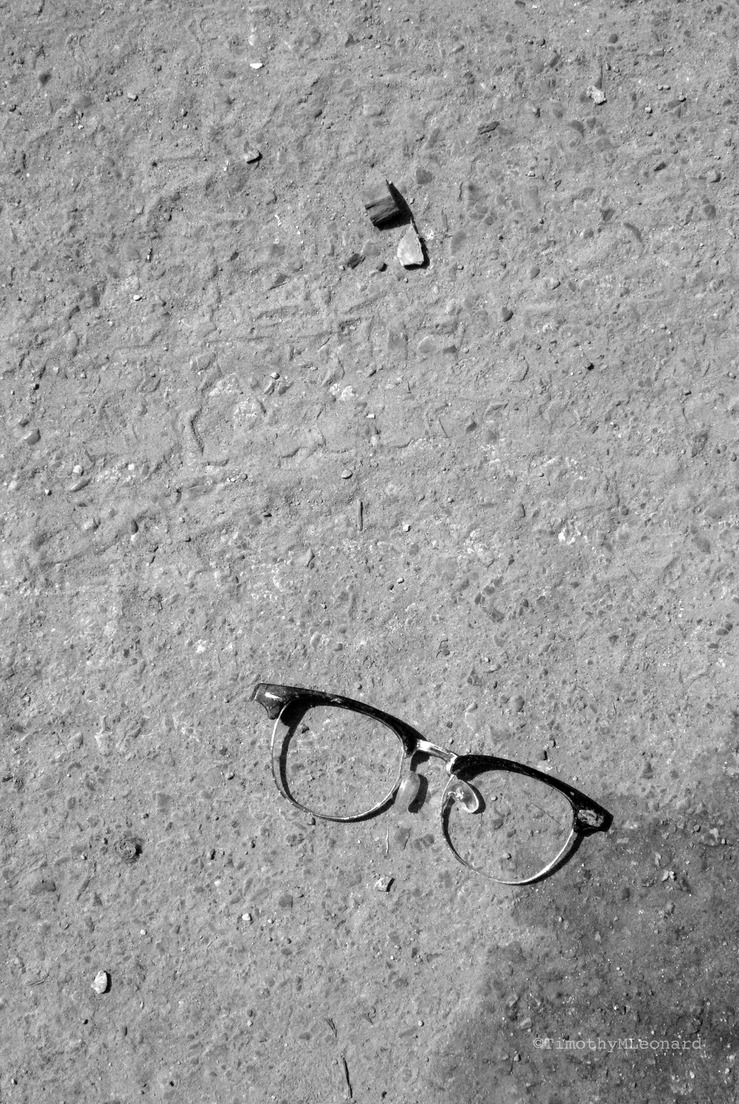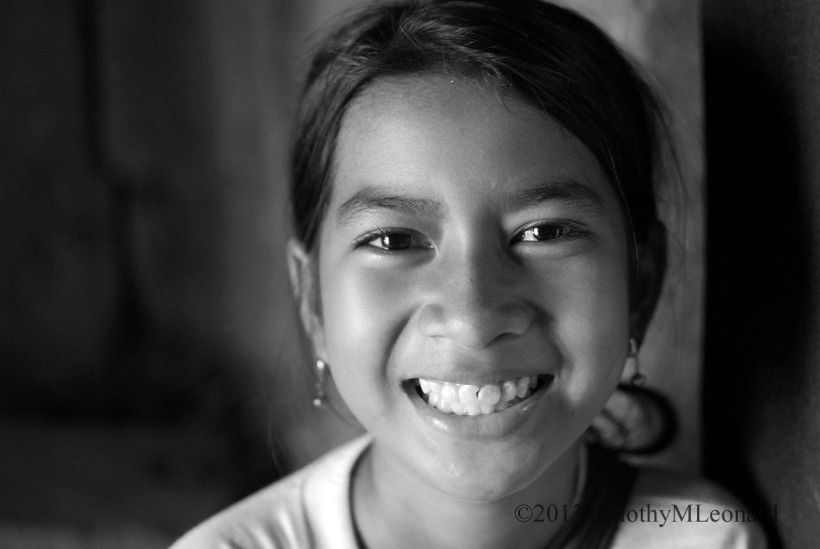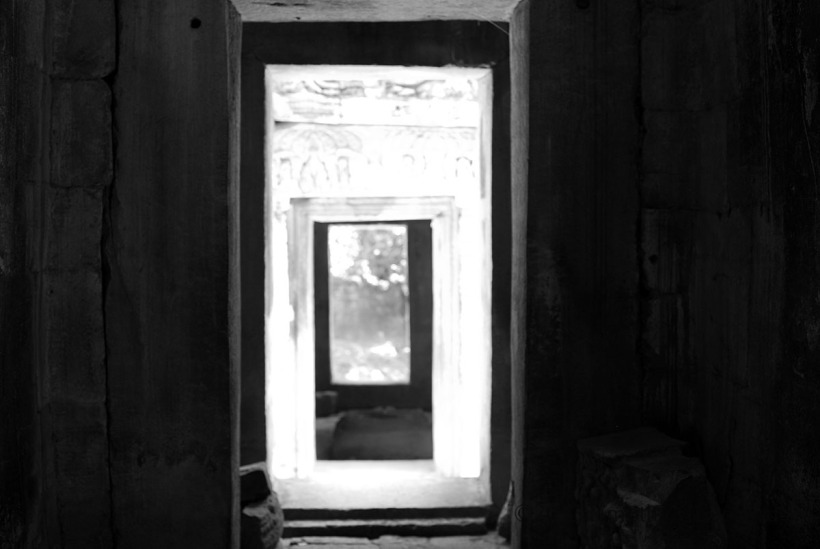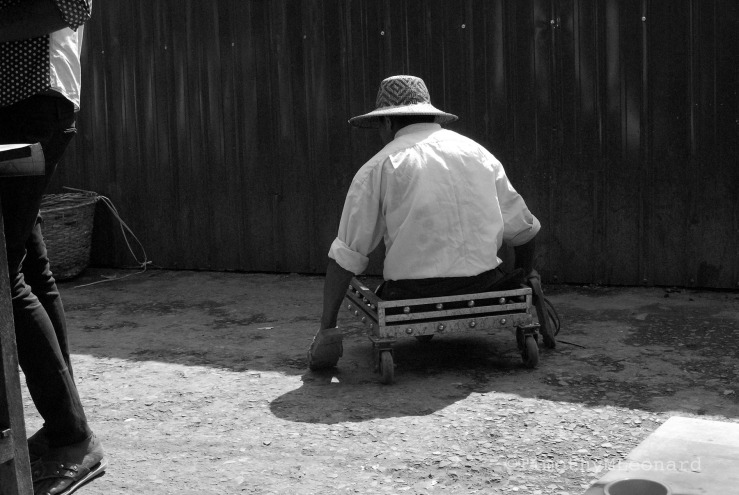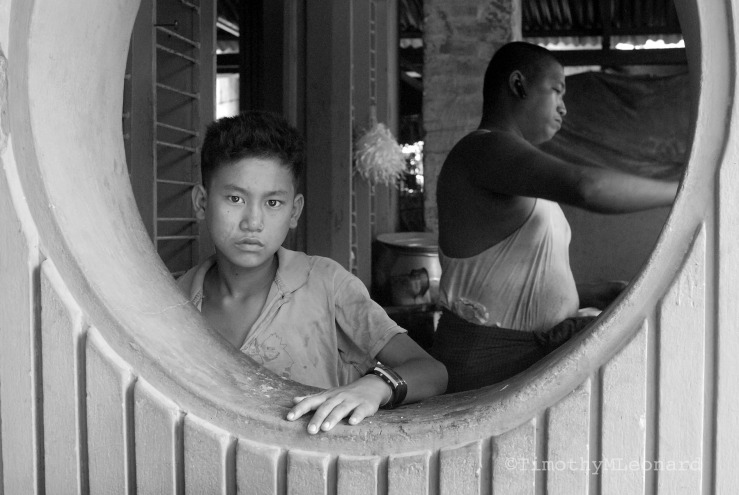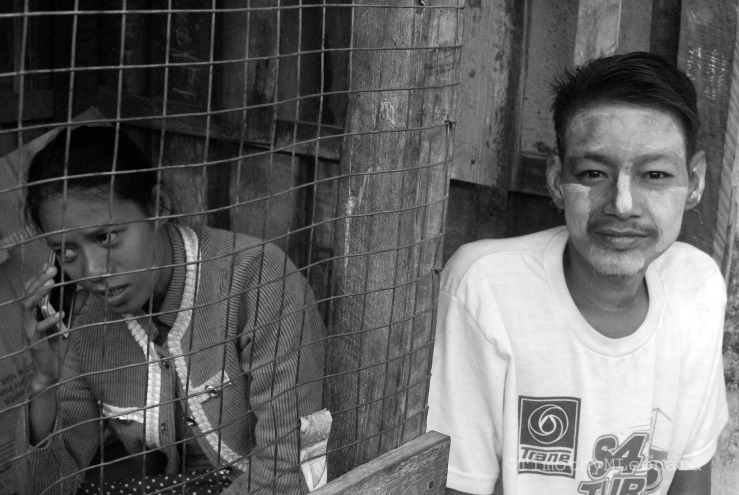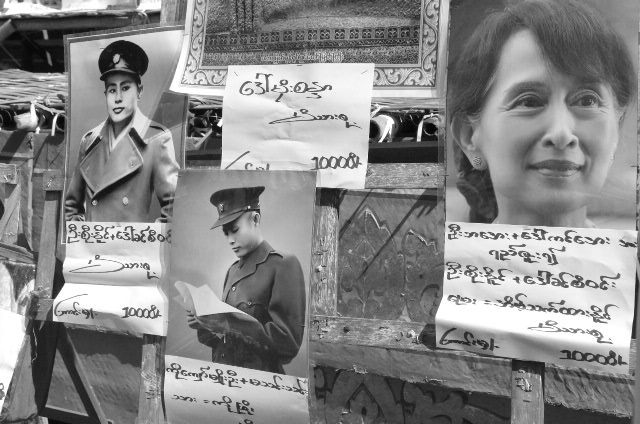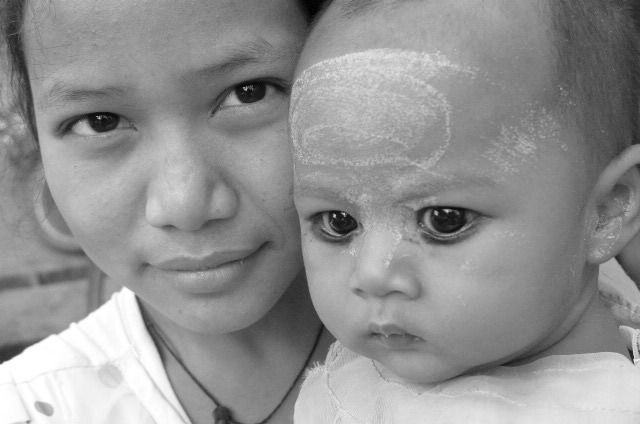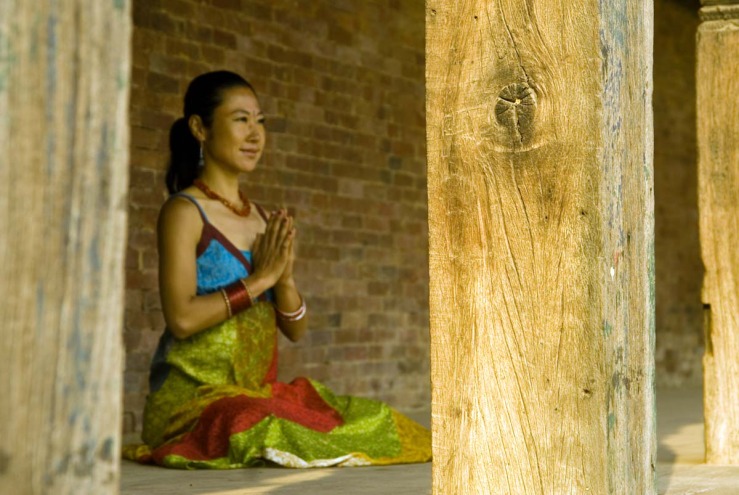Cadiz
Outside a cathedral across from the Citadel a virgin bride threw her red rose bouquet into blue sky. Friends pelted her with white rice containing 50,000 genes. Humans with 30,000 genes raised teary eyes. It rained flowers. Friends and strangers inhaled wild fragrances drifting from the sky.
They scrambled, pushed and shoved in a desperate struggle for aroma’s meaning.
“What’s happening?” said a blind widow leaning on her cane.
“They are celebrating the passing of an era,” said her son. He was a survivor of the Civil War when 350,000 Spaniards died. The war divided friends, families and communities. Another 100,000 were killed or died in prison after the war.
The rebellion started in Morocco in 1936 when five Spanish Foreign Legion generals revolted against the leftist government. Francisco Franco took control. German and Italian soldiers, weapons and planes shifted the balance of power to the Nationalists.
A UN sponsored trade boycott of Spain in the late 1940’s turned Andalucía into ‘the years of hunger.’ Peasants ate wild herbs and soup made from grass. 1.5 million went into exile.
“Let’s cross here,” said her son. They blessed themselves. Roses rained. It was impossible to explain how it happened and wedding parties knew it.
Berber-Spanish poets revealed truth as a variety of theories in a cosmic soup. When survivors at the wedding reception heard the word soup they experienced enlightenment with lentils, carrots, potatoes, bread, and slivers of cured ham.
Tavia Tower, Cadiz
Moving through broken light past cathedrals holding silent iron bells I walked to the Torre Tavira Tower at the intersection of Marques del Real Tesoro and Sacramento.
Cadiz was famous for its dominating watchtowers during prosperous trade in the 18th century. The tower was built in a Baroque style as part of the palace of the Marquis of Recano. It was named for its first watchman, Antonio Tavira and appointed the official watchtower of the town in 1778.
A Camera Obscura projected a live 360-degree image of Cadiz. A guide pointed out imported rubber trees from Brazil, the Mercado, and political and religious buildings.
Maps showed voyages since 1600 to Central and South America, Africa and Northern Europe.
Columbus sailed from Palos de la Frontera, north of Cadiz in 1492 after receiving a cedula real or royal document when the abbot, Juan Perez, a confessor of Queen Isabella promoted his cause as she played chess.
She decided the Queen would have more power. “I want to move as far as I want in any direction.”
The royal document granted Columbus 100 men and three vessels.
Cadiz’s golden age controlled 75% of trade with the Americas. This contributed to its development as a progressive city with a liberal middle class and imported architecture.
The Napoleonic Wars and British warships blocked the city after shattering the Spanish Fleet at the Battle of Trafalgar in 1805.
Spain turned against France and Cadiz withstood Napoleon’s siege from 1810-1812.
Cadiz delegates adopted the first Spanish constitution in 1812 followed by years of ideological struggle.
Cadiz neoclassic architecture had clean restrained lines with Roman and Greek ideals, harmony and proportion. Courtyards featured classical squares, circles, triangles, columns and rounded arcades.
Cadiz Museum
Twilight hurried toward night as a million birds sang in towering Banyan trees with roots spreading stories in Plaza de Mina, outside the Museum of Cadiz.
I scaled stairs. A white marble sculpture of David glowered down.
The receptionist stopped me. There was a male guard with her.
“Where are you from?” he demanded. It was free for Europeans and 1.5 Euros if I was a forcestero, a person from outside the city-state.
“I am from heaven,” I said, pointing toward a ceiling covered in purple tapestries. “Down to have a look around.” This threw him off.
The guard hustling the receptionist wanted to get rid of me. “Are you from Germany? English?”
“No, I am from heaven,” pulling out Euros. The receptionist detached a ticket.
“Go ahead, it’s free,” she said, smiling. A little stupidity and kindness goes a long way in heaven.
“Gracias.”
Phoenicians founded Cadiz in 1100 B.C. and called it Gadir. They traded amber and tin.
Calling it Gades the Romans used it as navel base. They introduced the potter’s wheel, writing, olive tree, donkey and hen in Spain. They replaced bronze with iron. Metals became currencies. People developed agriculture as settled populations built walls, towers and castles.
Romans contributed aqueducts, temples, theaters, circuses and baths. They gave the Iberian Peninsula the Castilian language based on 2,000-year old Latin.
Their wanderlust built roads establishing communities in the nation-state and satisfied their impulse for cuisine, sex, music, and trade.
The Museo de Cadiz danced with Roman artifacts and stories of archeological settlements from Gades to Seville and Cordoba.
Rooms overflowed with estuaries, isolated tight white pueblos, coins, maps, heads, pottery, vases and unmarked graves.
Roman legion armor, burial sites, aqueduct maps, temples, theaters, masks, sculptures, marble, glass, utensils and bones used for sewing rested behind glass.
A three million-year-old human in a stone chamber slept in cool dust.
Adventure, Risk, Transformation - A Memoir
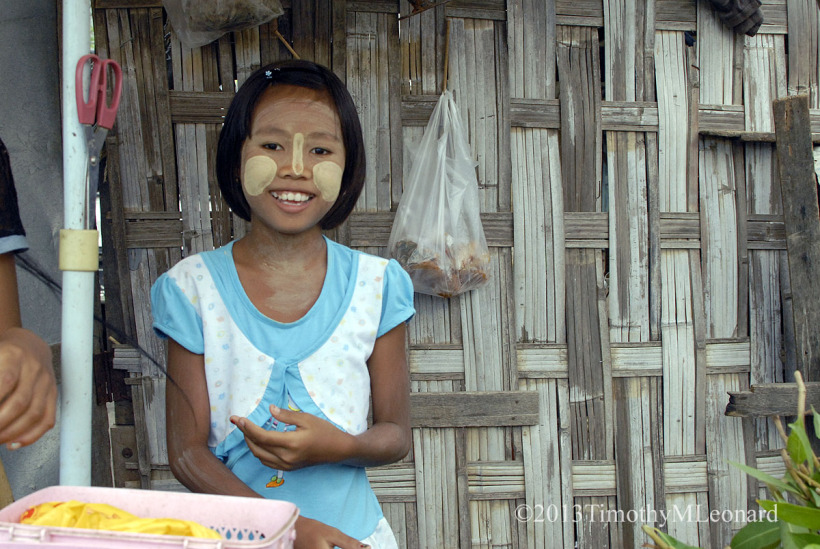
Mandalay, Burma, 2013 - Happier times.






 Share Article
Share Article 